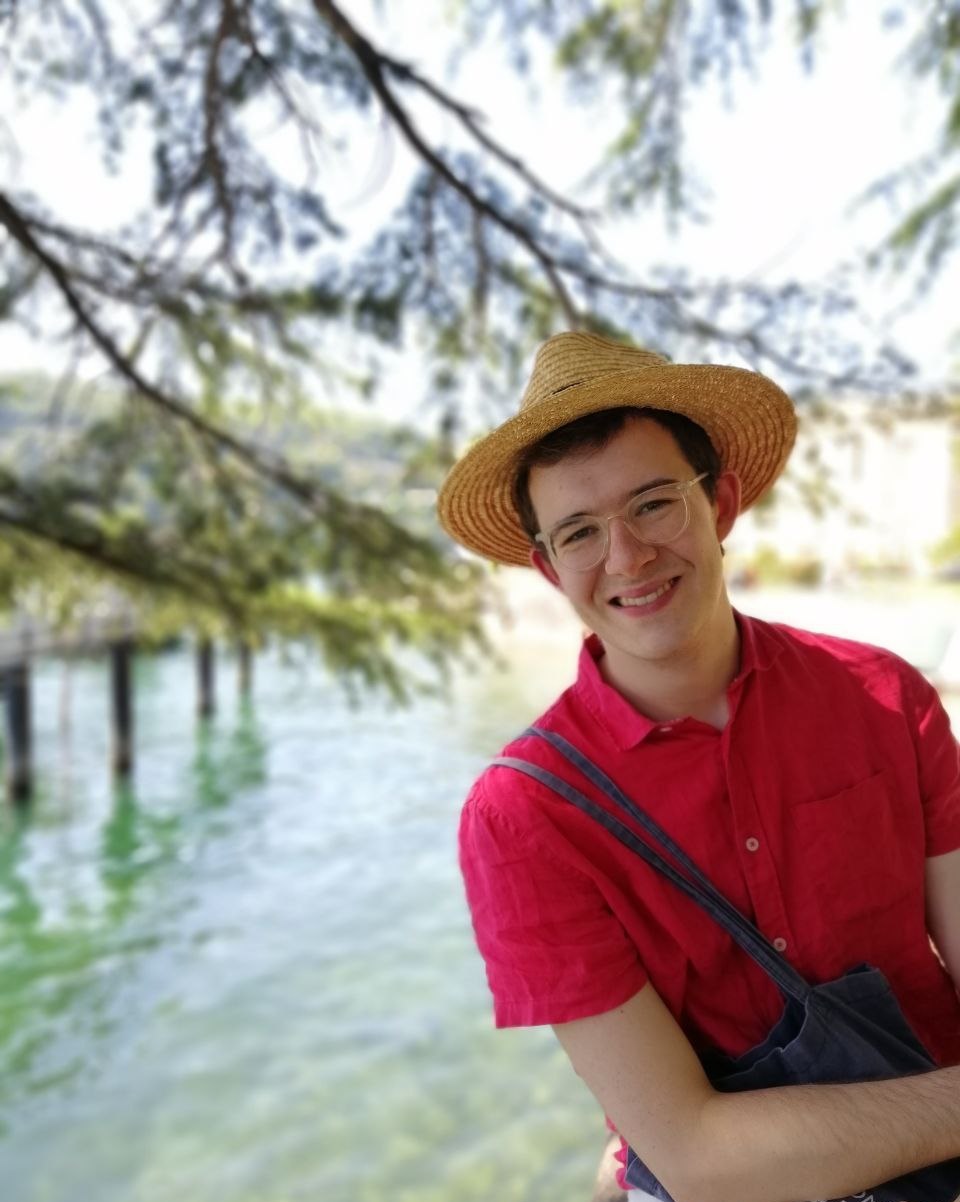Morgan Rogers
Maître de conférences
Assistant Professor of Computer Science, member of LIPN (Laboratoire d'Informatique de Paris Nord), at the University of Sorbonne Paris Nord in France.
I teach at the IUT de Villetaneuse in the Networks and Telecoms (R&T) department.
Thesis, Università degli Studi dell'Insubria : Toposes of monoid actions, defended in 2021.
